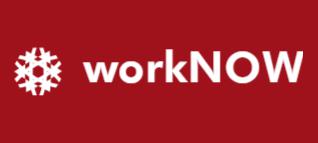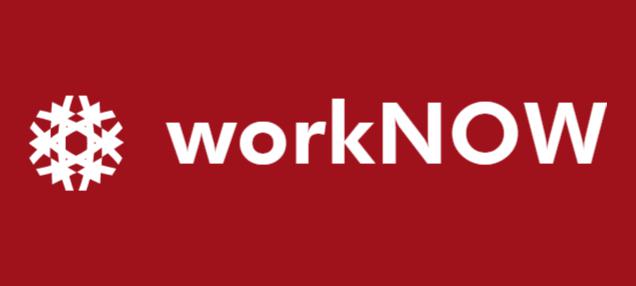Human Resources Generalist
Controller Job Description
An HR generalist is usually the first HR hire any company makes. As the job title suggests, this is a person with a broad range of responsibilities instead of a specialized line of work. The HR generalist thus covers most of the HR functions, including hiring, compensation and benefits, HR administration, and other tasks. As companies grow, HR departments divide HR Generalist duties into different jobs with subject matter experts taking over each of these areas. Some companies keep the title to describe a person that performs the core people-related functions in the organization. The human resources (HR) generalist manages the day-to-day operations of the human resource office of a company, as well as the administration of the human resources policies, procedures, and programs. HR departments generally handle employee relations, training and development, benefits, compensation, organizational development, and employment.
The list of responsibilities that an HR generalist has is long and daunting. To complete these and more, an HR generalist he needs to be able to multitask and remain organized at all times. An HR generalist always is looking for employment candidates who can fulfill company needs. The generalist needs to be ready to speak to potential candidates that he meets at trade shows, college recruiting functions and through the course of daily life. To interest potential employment candidates, the HR generalist addresses groups at high schools, colleges and professional organizations. An HR generalist needs to review many different kinds of documents, understand their meaning, gather the necessary information and process that information that makes analytical skills are important. They also need to assume the responsibility of a leader. Besides that, they must be able to look at the company trends and anticipate future needs.
The job usually requires at minimum a bachelor’s degree in human resources, business, or organizational development. Coursework usually includes business, psychology, communication, human resource management, and accounting. A masters degree is sometimes preferred. Some employers may require specialized training in employment law, compensation, organizational planning, organization development, employee relations, safety, or preventive labor relations. Certification is not usually required, but one such as the Professional in Human Resources (PHR) certification from the HR Certification Institute is sometimes preferred.
• Recruiting and staffing logistics
• Organizational and space planning
• Performance management and improvement systems
• Organization development
• Regulatory compliance and reporting
• Employee orientation, development, and training
• Policy development and documentation
• Employee relationship management
• Committee facilitation
• Company-employee communication
• Compensation and benefits administration
• Employee safety, welfare, and wellness education
Typical duties of a Controller
Skills:
• Excellent verbal and written communication skills.
• Excellent interpersonal, negotiation, and conflict resolution skills.
• Excellent organizational skills and attention to detail.
• Excellent time management skills with a proven ability to meet deadlines.
• Strong analytical and problem-solving skills.
• Ability to prioritize tasks and to delegate them when appropriate.
• Ability to act with integrity, professionalism, and confidentiality.
• Thorough knowledge of employment-related laws and regulations.
• Proficient with Microsoft Office Suite or related software.
• Proficiency with or the ability to quickly learn the organizations HRIS and talent management systems.
Qualifications: Bachelors degree in Human Resources, Business Administration, or related field required.

